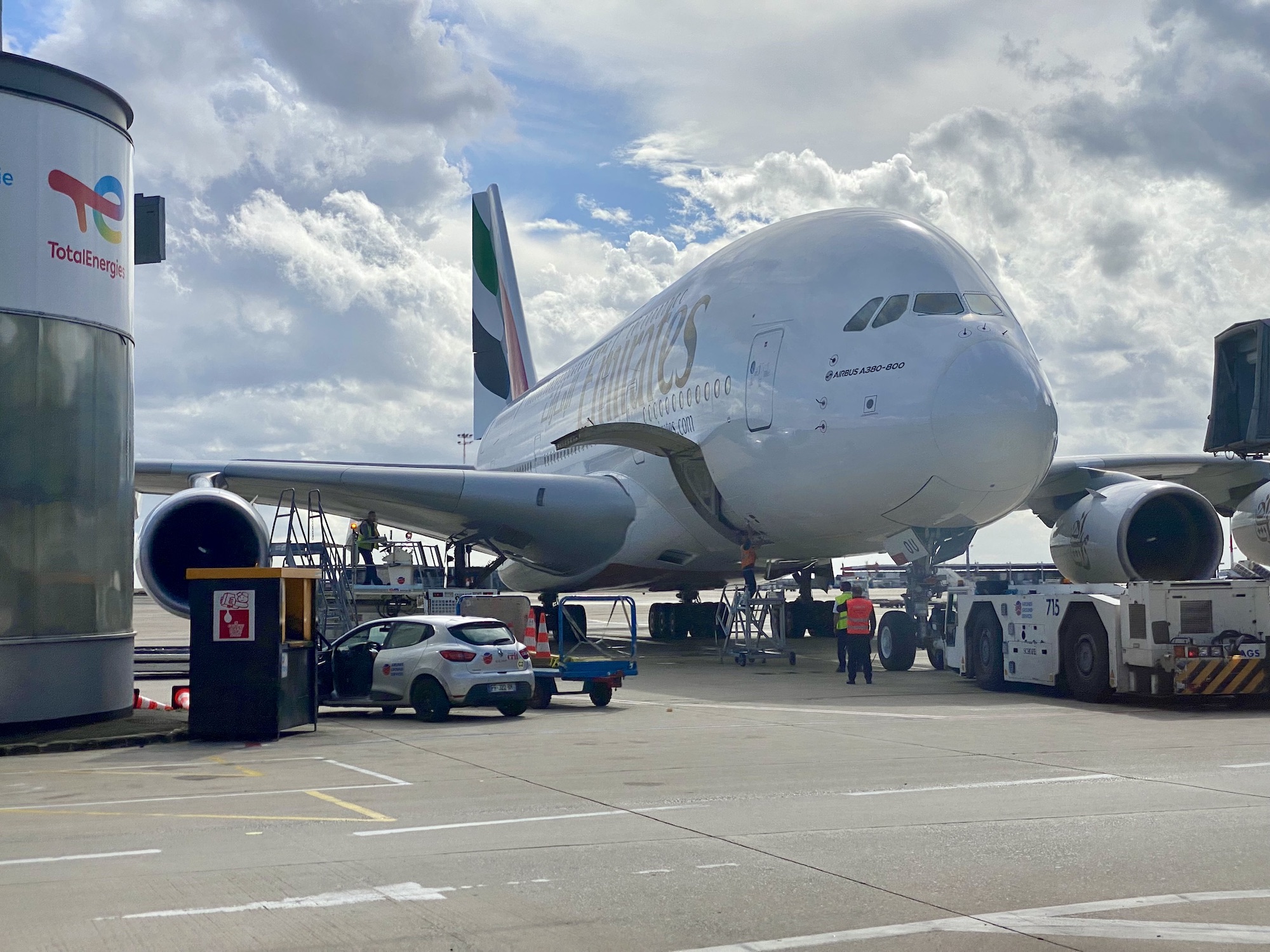21 Dec 2022
In 2018 I co-founded Pippin, a housing factory startup, and our backyard home (ADU) brand Rent the Backyard. Our goal was to use California’s new ADU laws to build a lot of homes quickly by helping homeowners make the most of their unused land. After 4 years, 10 homes built, and a $10m+ contracted revenue annual run rate, we announced that we’re shutting down.
Read more...
24 May 2021
Gramps died last night.
My great-grandfather died last week. He was just shy of 100 years old. Gramps lived up in Otis Maine — a few miles from Acadia National Park. When I was growing up, Gramps would often stay a few days with my family on trips to visit his sister. We’d walk down into the creek near my house and while my brother and I fished, Gramps would tell us stories about growing up in not-so-rural anymore Connecticut and carve us bows and arrows from saplings.
I wrote a piece back in high school that I planned to share on Gramps’ 100th birthday. He didn’t quite make it but he was ready to go.
Read more...
10 Jan 2020
I spent a bit of the holiday season in Japan visiting friends and riding the Shinkansen (bullet train). There is a lot to like. From clean, sprawling, dense, and affordable cites, to strangers offering to help an oftentimes extremely lost Gaijin (foreigner).
Yet, I leave the Land of the Rising Sun with more conflicted thoughts than I have for my own home. Things are so familiar and so different. There is so much peace and so much chaos. There is so much hope and so much despair.
I am also accumulating quotes about things far faster than I am writing about them so I thought I’d grab ones about Japan and smoosh them all together in the hope I can simulate the same conflict I feel as I depart.
Read more...
10 Jun 2019
Is the censorship even effective? Everyone seems to have a vpn and most Chinese of means seem to have spent time outside the country.
- a friend the other day
I just finished a half semester class where we focused on Tiananmen Square as a focal point of protest and social movements in China over the last 100 years. One of the largest plazas in the world, Tiananmen sits adjacent to the former imperial palace and in the last hundred years has hosted the May 4th Movement of 1919, Mao’s proclamation of the PRC in 1949, a massive rally of Red Guards in 1966 that began the implementation of the Cultural Revolution, protests after the death of the PRC’s first Premier Zhou Enlai in 1976, further protests in 1989 after the death of former CCP General Secretary Hu Yaobang, and countless PLA demonstrations.
Read more...
10 May 2019
“While the usual suspects ended up buying a handful of A380s due to national pressure (Lufthansa, Air France, British Airways), delusions of grandeur (Malaysia, Thai), or me-too syndrome (Asiana, Etihad, Qatar), there was really only one airline that truly loved the airplane. That was Emirates.”
- A cool
airplane blog I like to read

Airlines and their routes are fun because the decision to fly a plane from one city to another can be made from more than just an immediate profit seeking perspective.
Read more...
